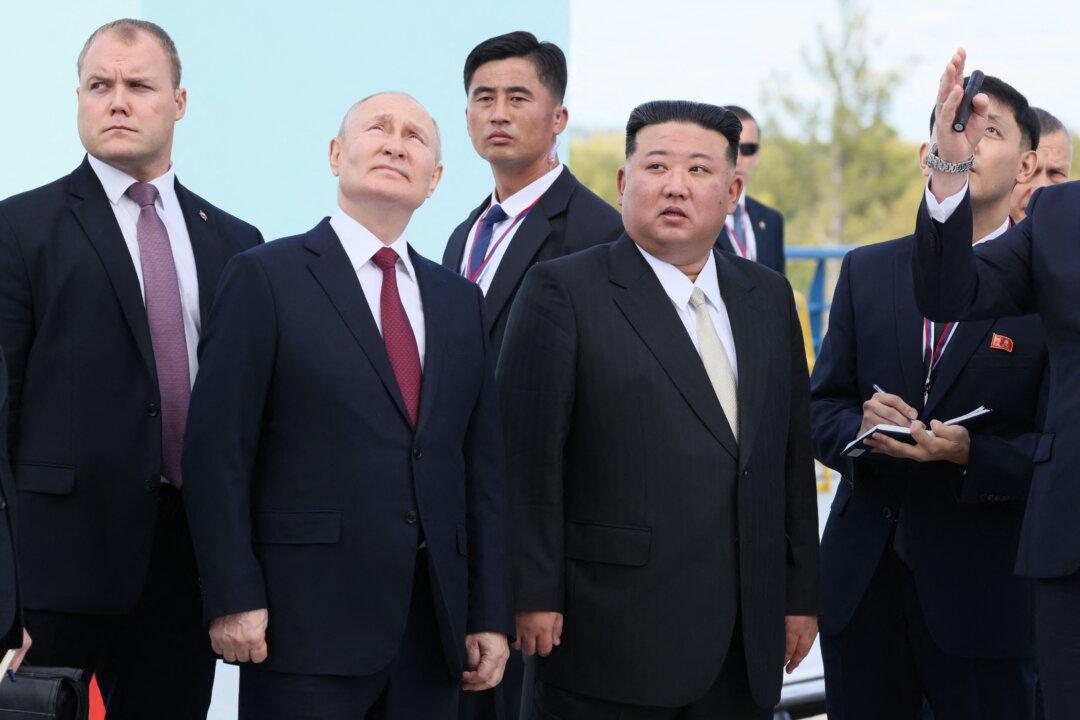Commentary
Russia’s setbacks in Ukraine have given North Korea the satisfaction of feeling needed and opportunities to exchange weapons for Russian food and advanced military technology, including missiles and nuclear capabilities.

Russia’s setbacks in Ukraine have given North Korea the satisfaction of feeling needed and opportunities to exchange weapons for Russian food and advanced military technology, including missiles and nuclear capabilities.